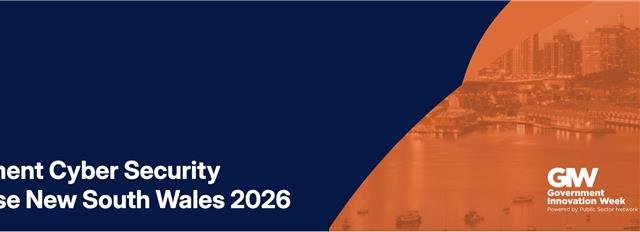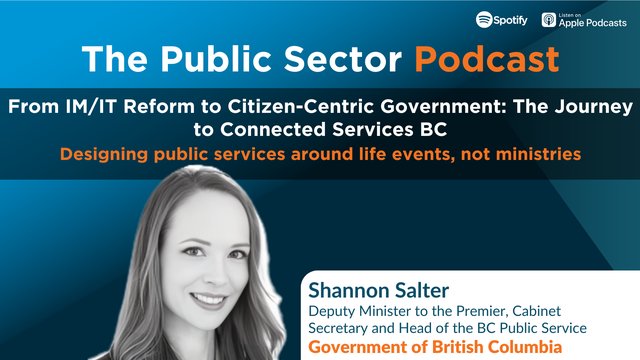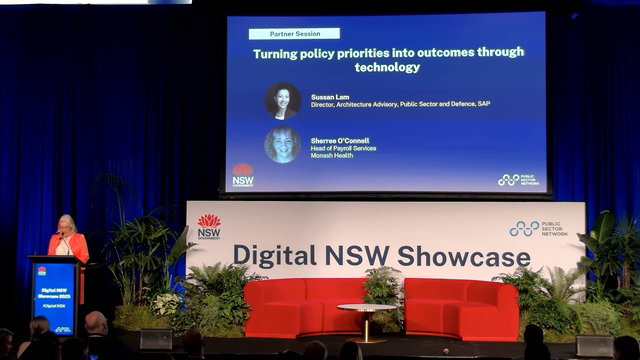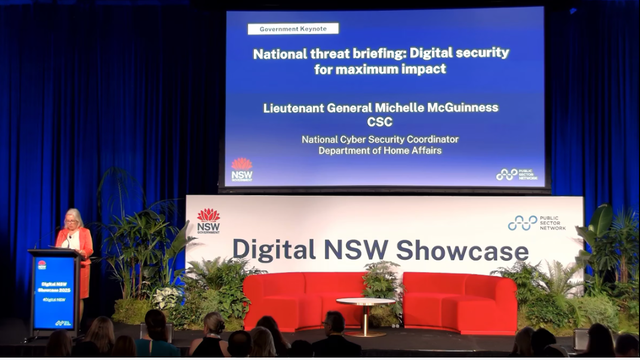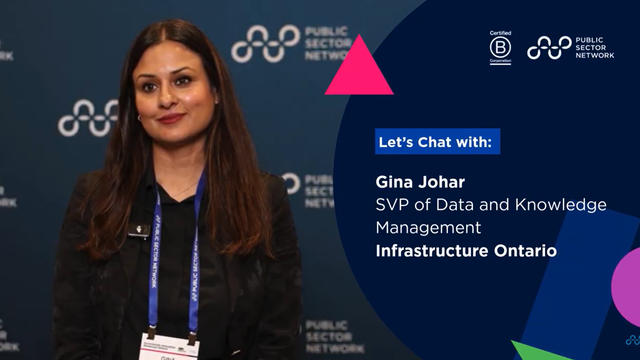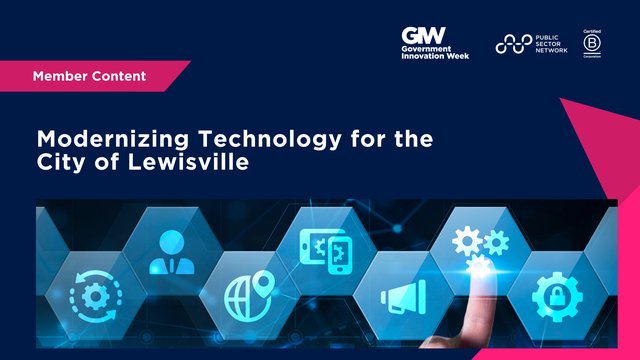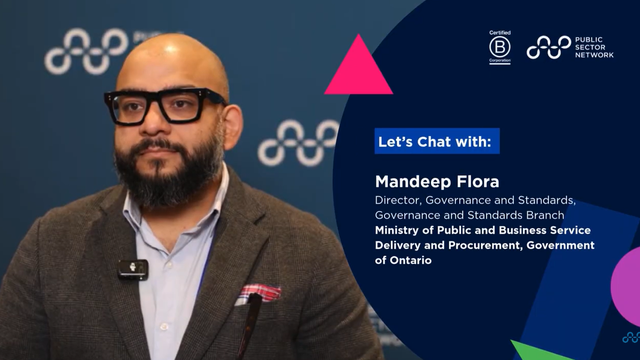In part two of the Digital Corporate Services blog series we take a look at how two public sector organisations are maturing, digitising and scaling corporate services, as well as the benefits they’ve achieved through transformation.
In part one of the digital corporate services blog series we discussed the opportunities, challenges and benefits of maturing shared services with emerging digital tools, as well as how to extract greater value and increase organisational agility and flexibility by maturing these services. If you missed that post you can check in out here.
Read on though for the abridged version
Shared-services functions have a central role to play in today’s digital environment. These groups exist to streamline the management of internal processes and to assist in the quick and efficient delivery of software and services to customers as increasingly, the back-end work they perform is critical for capturing data that can then be used to create even better, more seamless front-end experiences.
While corporate and shared service initiatives offer considerable benefit and quick ROI, successfully introducing, scaling and maturing shared services within the public sector environment is typically a more challenging and prolonged journey due to the increased complexity of stakeholder relationships, public ownership, and overall a lower risk appetite.
But, with governments around the world under pressure to operate more efficiently, serve citizens better, and provide more satisfying working environments for their employees departments and agencies must become more strategic in their approach, embrace new technologies, and be prepared to act at scale.
When it comes to back office functions like IT, Finance and HR – digital transformation based on intelligent automation tools and cloud-based technologies can bring benefits across numerous functions of government, including much lower operating costs, more efficient processes, and less wastage and errors. McKinsey estimates that as many as four out of five processes in HR, finance, and application processing are at least partially automatable, with the potential to reduce costs by at least 30 percent.
If you’re still not sold though on whether the benefits of maturing, digitising and scaling your shared services outweighs the challenges of transforming long-standing processes, securing buy-in and managing change, read on to explore case studies from two Australian public sector organisations and departments that are leading the way in the digital shared services journey and take a look at the results they’ve achieved.
Australian Department of Finance
The Government announced specific initiatives in the 2017-18 Budget, to allocate the Modernisation Fund to reforms that deliver quality government services at a lower cost and use leading technology and collaborative approaches to address complex problems facing society.
The Program, led by the Department of Finance, is an Australian Public Service (APS) wide program that aims to ensure the APS is better positioned to respond to the challenges of a rapidly changing environment and tight fiscal circumstances.
By standardising business systems and processes across the APS through cloud-based ERP systems and automated business processes, as well as new ways of working the Government is driving a public sector that is able to deliver higher quality services, but with fewer resources.
For example, there were recently around 170 separate ICT systems in use to deliver corporate services to public servants across 90 agencies, while each agency had its own way of managing these services.
Through the Shared Services Program, the Government is reducing the number of corporate ICT systems and standardising business processes. Around 30 agencies are already starting to receive corporate services from a Shared Services Hub. The Program has mapped over 200 standard business processes that agencies can adopt.
The Australian Public Service is expected to save $17.3 million every year from 2019-20 onward through this shared corporate services Program.
Western Sydney University
Western Sydney University (WSU) is one of Sydney’s more geographically spread universities with a dozen campuses over 20 different physical locations. The University’s shared service function was established some eight years ago and looked to consolidate three separate entities into one shared services unit.
Over the years the global context for universities has changed from a constrained and capped market to a more demand-driven system with the number of students growing exponentially. More recently however a reduction in enrolments, limited government funding and then the Covid-19 crisis has urged WSU to begin looking for ways to extract greater efficiencies from their operations.
With all the change, WSU began a review of their shared services to focus on the low hanging fruit and find ways to drive greater efficiency across the organisation. This review began in 2015 and looked to centralise and streamline some of the core traditional shared services such as HR, IT, internal communications, resource management, marketing and finance as well as the higher education specific student and research management functions, placements and accreditations.
Having run this preliminary programme, and achieved great results – WSU has achieved cost benefits of some 12% across the various functions, the University is now looking towards a full digitisation of workload with an enterprise-wide view of shared services.
Join the conversation and learn more about shared service transformation from like minded public sector professionals by joining the Corporate & Shared Services Community.



